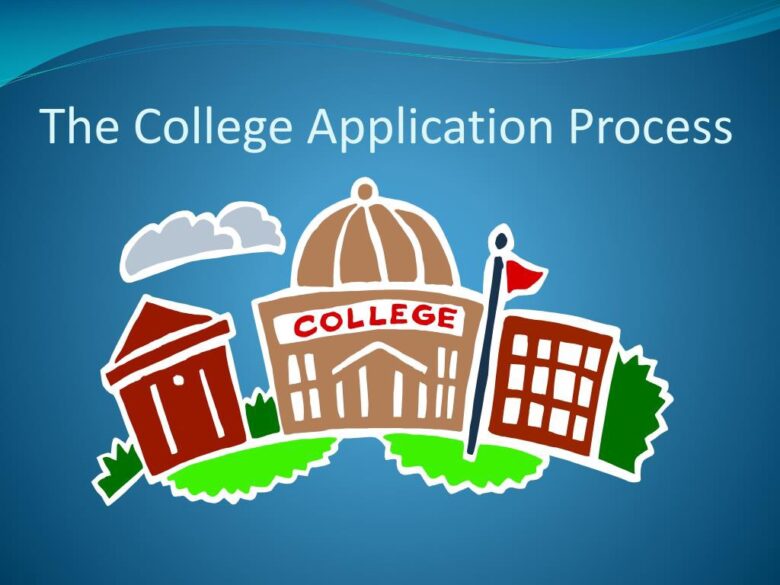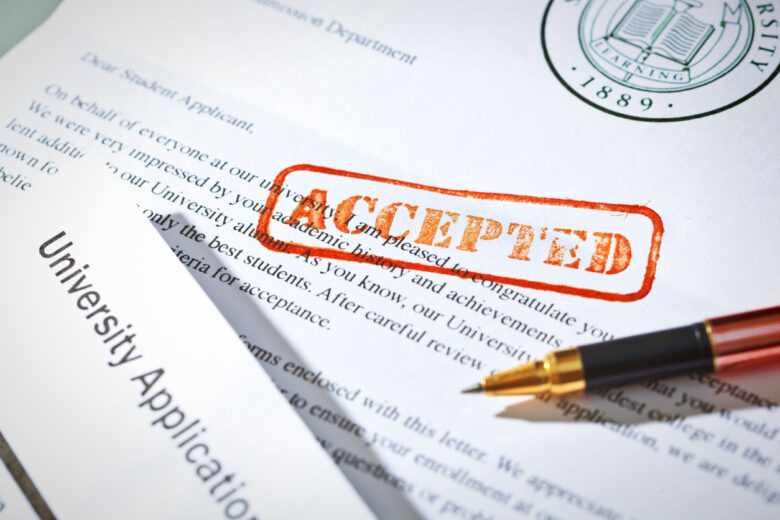Are you graduating from high school? In that case, there’s no time to waste. Get ready for the fact that before possibly moving to another state and starting your studies, you have a long way to go to prepare and enter a university.
Preparation for the study consists of many stages, including the following:
- Choosing a university.
- Deciding on scholarships.
- Preparing documents.
- Applying.
- Finding housing.
- Exploring job opportunities.
This article will cover the key steps of enrolling in a university course with which you should definitely not procrastinate. Also, we’ll discuss something that you should be doing as you’re applying to different universities and during the waiting period.
How Long Does It Take to Enroll?

The process of preparing for admission, combined with the procedure itself, is long and laborious. On average, it takes 1-1.5 years of solid preparation, depending on the university.
For example, the academic year at US universities begins in September. To start studying in September, documents for admission must be submitted between January and March of the same year. The immediate submission of documents is preceded by their collection and passing the necessary exams.
Note that in high-demand universities, for example, in many universities in England (if you’d like to study abroad), documents must be submitted even earlier – a year before the expected start of training. It’s really a massive undertaking that goes way beyond simple college essay editing done on your admission essay.
Thus, you should start preparing for studying abroad in advance, about 1.5 years before the moment when you want to move and start studying. Now we’ll talk about the different stages of applying to a university course, which should help you create deadlines for yourself. Of course, you want to finish all the stages as early as possible.
Stage 1: Choosing a University and Collecting Information
No later than 1.5 years before the intended start of the study, you must choose one or more educational institutions. It is important not only to decide on the universities you will apply to but also to collect all the information about admission requirements to these universities, the deadlines for applying for admission, the requirements for admission, the necessary documents, etc.
Note that in most educational institutions, the rules vary, depending on the specific curriculum. In other words, the admission process to the Faculty of Humanities is different from the process of admission to the Faculty of Medicine in the same university.
Stage 2: Preparation of Documents

Depending on the university (and possibly the country), it is worth collecting documents 1-1.5 years before your studies start. On average, this process takes students about 6 months.
You will have to make copies of all the necessary documents; some will also have to be certified. Besides, you will need to prepare letters of recommendation and write a motivational essay. In some cases, you will also need a student resume and a creative portfolio, which can take a lot of time to prepare.
Stage 3: Submission of Documents
Depending on the selected university, the application period for admission can begin 8-12 months before the expected start of courses. When preparing to apply, it is important to consider three important factors:
- Find out in advance about the exact form in which the university accepts applications and documents for admission (centralized system, e-mail, parcels by courier, etc.).
- Find out the exact deadline for filing documents to meet the deadline.
- Make sure to apply as early as possible (by submitting documents earlier, you will increase your chances of admission and get the university’s decision on admission earlier).
As you prepare to submit your documents, find out what else you can do at this stage. For example, in many universities, along with the application for admission, students are asked to apply for residency or scholarships. Addressing these points early (if possible) will save you time later.
Stage 4: University Response

On average, applicants receive a university enrollment decision 3-5 months before starting their studies. Usually, the university sends the student an invitation to study, which is necessary for further preparations.
When you’ve successfully applied to all the universities you wanted, you can start preparing all the items you’ll need for studying. Definitely get a laptop, comfortable clothes, a small table lamp, a lock, and other useful things for living on campus. Also, you can learn about available essay editing service options, like EssayEdge to use during studying.
Stage 5: Organizational Matters and Relocation
After receiving the letters of acceptance and deciding on the university for the last time, you can start figuring out the housing aspect. Once enrolled in the program, you will be able to discuss with your host university about campus accommodation, financial support, and other questions of interest.
Additional Activity

During this whole process, you should constantly be asking yourself reflective questions to figure out whether you’re on the right path. It’s essential because enrolling in a university program and accepting the offer of study is a big financial and time commitment. You don’t want to choose the wrong thing and have to redo the whole process again.
Here are some important questions to think about as you’re only applying to universities:
1. Is This What I Really Want?
Many schoolchildren abandon the non-standard professions of their dreams because moms and dads insist that they cannot feed themselves with ballet or science – it is much better to go for a lawyer or a doctor. But parents do not always understand what professions will be in demand soon, and they judge based on their own, often somewhat backward ideas.
Also, you will have to work in a field you hate. Even if it leads to something, and even if it can bring a lot of income, this path has many disadvantages. A lack of interest in work interferes with professional development and career advancement, not to mention such an important thing as self-expression.
2. What Kind of Life Would I Like to Lead?
Within the same specialty, there are different directions. For example, a linguist can become a live interpreter or develop language recognition programs for artificial intelligence. So it is worth thinking not only about what interests you but also about how you see your ideal lifestyle.
Do you want to communicate with people and work in a team, or, conversely, sit in a corner with a personal project? Do you have narrow interests or want to know little by little about everything? Are you more comfortable with a clear schedule or the one filled with classes and activities? Having decided on this, it is worth considering how to achieve such a lifestyle with the chosen higher education.
3. What Will My Specialty Look Like in Five Years?

A significant part of what you study at the university will become outdated by the 3rd year, so it is important to follow the trends in your field and try to predict them – then you will understand where to gain additional knowledge and skills. Technologies are developing very quickly, and in many professions, there will be changes shortly – robots and computer programs will be able to perform routine intellectual work.
This does not mean that people will be left without work, but within the same specialties, they will have to learn new skills (more related to artificial intelligence management, creative tasks, and communication). For example, movie set designers no longer have to make complex mechanical dinosaurs and build models of castles – everything can be drawn on a computer by trained designers.
4. What Do I Want From the University?
“To learn me a profession” is too abstract an answer. It is worth considering the different aspects of student life. Do you want to live apart from your parents or see other states? Do you need a double degree (if so, what are you going to do with it)? Do you want more practice sessions or more research papers?
Where do graduates of the faculty you like usually find jobs? What opportunities for further education does the institution provide (for example, a classroom library, an online archive of scientific papers, and the opportunity to attend courses in other faculties), and how do you want to use them?
Don’t Forget to Relax
With all the stress of graduating from high school and enrolling in a university program, don’t forget that it’s also a time to relax. Get out, have some fun with friends, all the while applying to universities.

